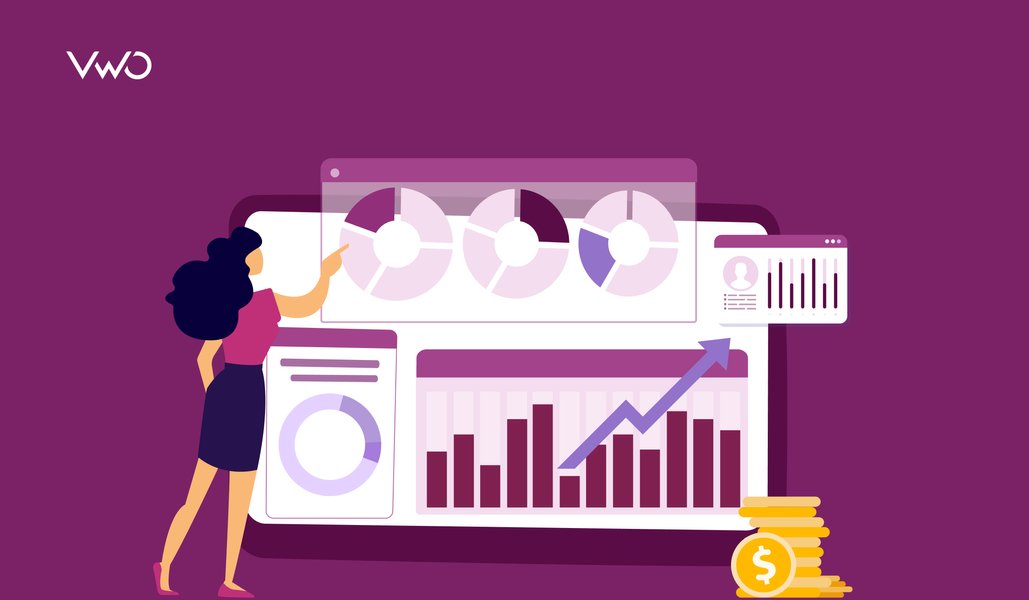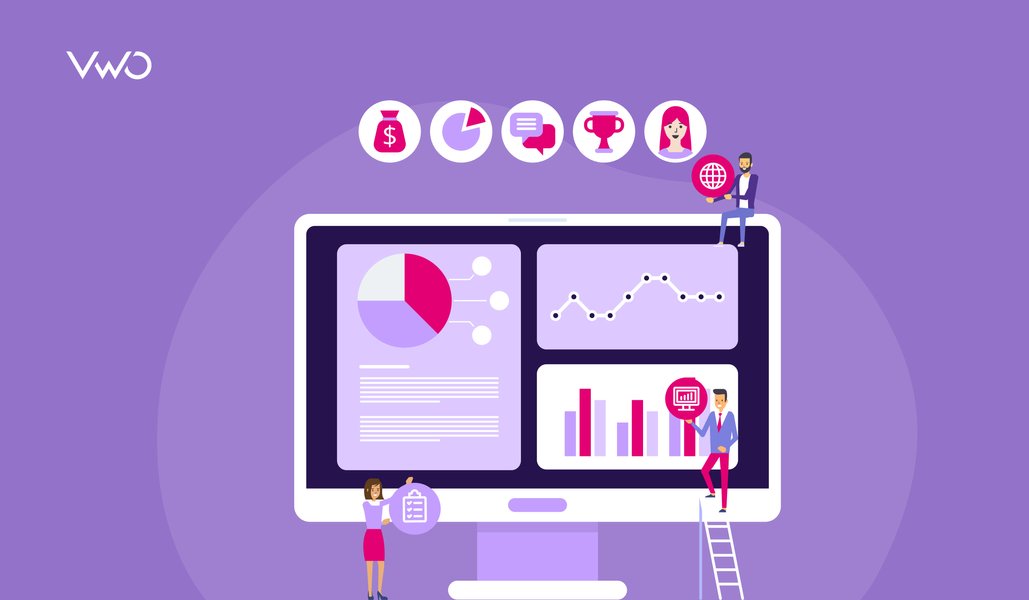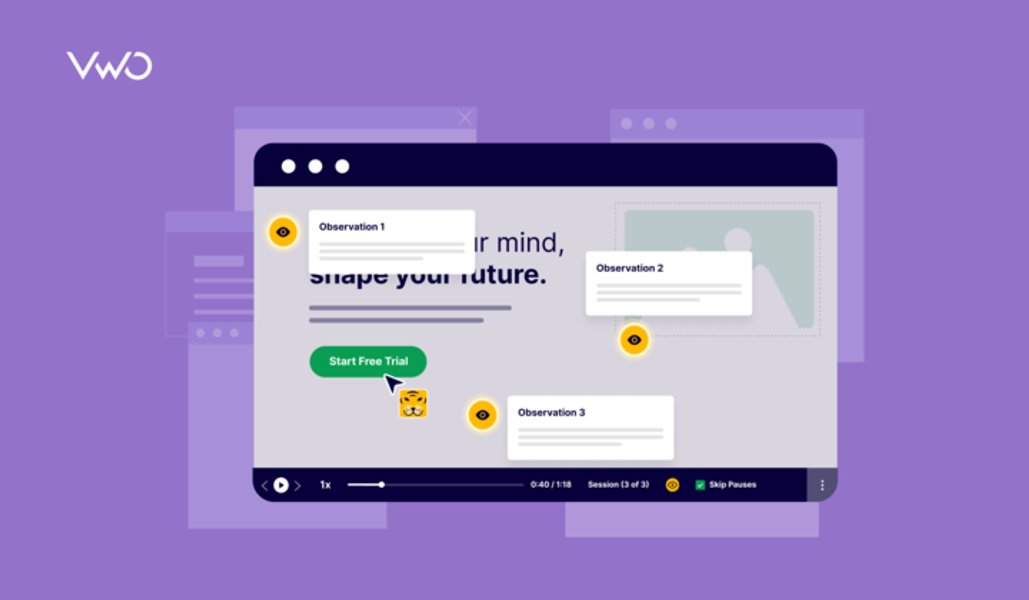The most important metric that you should be tracking on your website is its bounce rate.
It is a number that tells what percentage of visitors leave your site after browsing just one page or within the first 10 seconds (the exact definition depends on the web analytics tool you use). The higher the bounce rate, the higher the number of potential customers you lose because bounced visitors think your website has nothing to offer them and leave without any further interaction. With ever-reducing attention spans and ever-expanding options online, your visitors have very little motivation to actively explore your website for what you offer and how it benefits their day-to-day lives. So, it becomes the responsibility of the first page a visitor lands on to convince him that spending time here is worth it.
Download Free: Grow Website Traffic Guide
Optimizing (reducing) bounce rate is thus tremendously important to your business. There are multiple reasons why visitors leave immediately after arriving; the most prominent amongst them being:
- Expectation mismatch: Your visitors are expecting to see something on your website while your page talks about something else. This happens often, especially when you have paid advertising for a specific offer and you link that advertisement to a generic page such as your homepage. Matching the expectations of your visitor is very important. Your site might be talking about multiple different things, but a visitor arrives on it to learn more about what the source said you offer.
- Organic search irrelevance: Search engines are getting incrementally better at finding relevant content for a user search query, but they are still not perfect. I’m sure while reviewing your web analytics reports, you must be regularly surprised by: ‘How come this search query found this page on my website? Your visitors too feel the same. Try comparing your bounce rate for organic visitors (those who came via search engines) versus non-organic visitors (those who came via other sources); you will see that the former metric is higher than the latter.
- Your website sucks: Your visitors expect a visually appealing, easy-on-the-eyes website upon arrival. They are already sick of advertisement-loaded, poorly made websites all over the Internet and if yours is no better, they won’t be very happy about it. Give your visitors a pleasant surprise by having a website with the right contrast, the right typography, the right layout, and the right color scheme. Hire a top-notch designer and pay them whatever you can but please make sure your website looks good.
- Lack of call to action: Well-designed and drafted Call-To-Action (CTA) banners can make a huge difference in conversion rate. Missing or badly designed CTAs perhaps be the single biggest reason why visitors bounce from your website. Once visitors have gone through the page they landed on, don’t let them struggle with what they should be doing next. Guide them to the actions that you think are optimal for that page. If it is a blog, you want them to subscribe to blog updates. You may want them to go through relevant case studies and whitepapers if it is a corporate site. In a nutshell, don’t let them think too hard about what their expected next action is on this website. Guide them gently using calls to action placed prominently at the right places on the website. Mostly, these right places are the ones where a visitor has just completed their original purpose (for which they landed on the site) and is wondering what to do next.
- Too many options: Having too many options for a visitor can also lead to a higher bounce rate. This is partly the reason why you will observe that the bounce rate on your homepage is probably higher than on your inner website pages. Having too many links/calls to action competing for visitor attention can increase anxiety and lead to visitors leaving the website in search of a better alternative. This is where experienced conversion optimization firms (such as Wingify ? ) and good web designers help you in creating a proper layout with different calls to action appealing to different kinds of visitors, hence reducing bounce rate.
How to fix the high bounce rate?
Reducing the high bounce rate significantly is possible. As different websites serve different goals and cater to different audiences, there is no sure-shot way of fixing the bounce rate. For instance, LA Tourism successfully reduced its bounce rate by 43%.
There are several general methodologies you can try to reduce the bounce rate:
- Segment bounce rate by landing/entry page: your website’s overall bounce rate conveys absolutely no actionable information; it is vague and imprecise. The best way to get a true picture of your website’s bounce rate is to see the bounce rate for each landing/entry page. Using your web analytics tool, see which are the top 20 landing pages on your website and what their bounce rates are. You will be surprised to know that there is a dramatic difference in bounce rate across different landing pages. Your top priority should be to fix or optimize pages/categories that are most trafficked and have the highest bounce rates.
- Surveys: there are many tools on the web that allow you to survey visitors who are about to bounce, just before they leave the website. Though I particularly don’t like such methodologies because they frustrate an already unsatisfied visitor, you may find them useful for your website and audience type.
- Visitor moves and heatmaps: products such as VWO Insights help you to record mouse movements, clicks, scroll activity, and keypresses of your visitors to find out what exactly they do once they arrive on your landing pages. It can be a great way to find out that, for example, most of your visitors don’t notice your ‘SIGNUP NOW’ button in the sidebar (And you thought people aren’t interested in the offering). Similarly, you can see heatmaps to find out where exactly on the page visitors are clicking/engaging and if it is optimal.
- Testing: The only way to find out what works is to test it. You should set up a split test to try multiple different website designs, layouts, styling, calls to action, etc. Hire a testing agency, if you wish, but make sure you are doing testing on your website continuously to always reduce the bounce rate.
Download Free: Grow Website Traffic Guide
You can understand more about user research from the below video.
What are your strategies for reducing bounce rates? Do you think you are doing a good job on your website (as far as optimizing bounce rate is concerned)? Are you satisfied with your existing bounce rate?
The answers to these questions can only be found through systematic and continuous testing on your website. Once you have the test results in your hand, make sure you focus your website optimization efforts first on the bounce rate and then on other metrics.



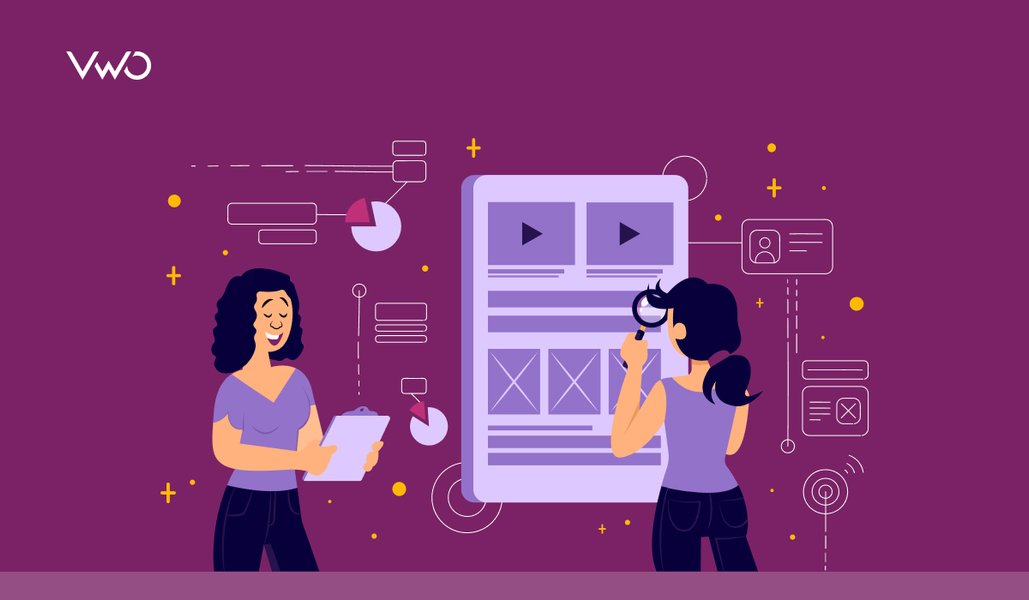
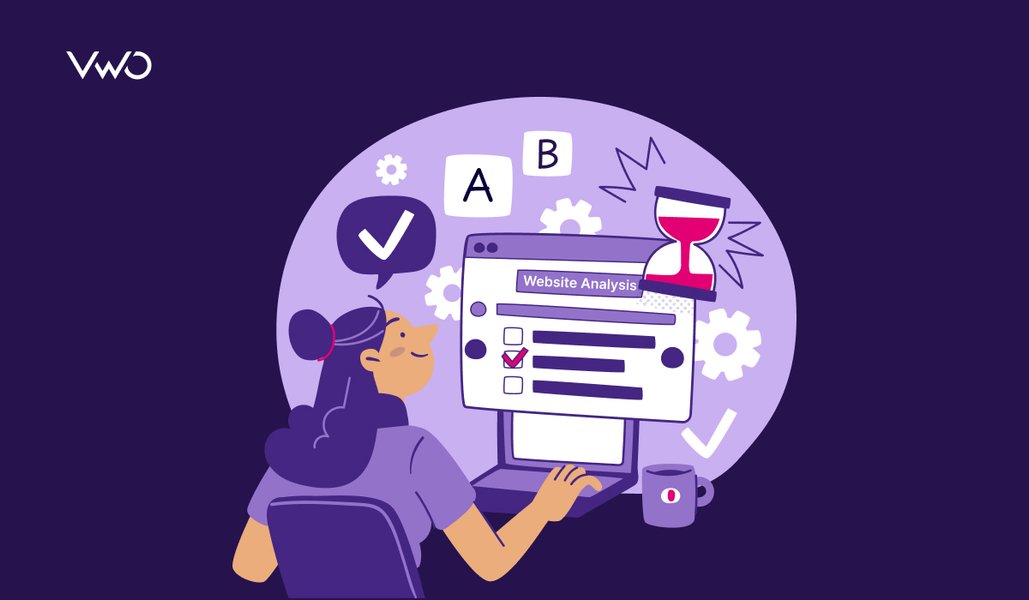
![7 Best Website Monitoring Tools [2026]: Expert Insights to Help You Pick the Right One](https://static.wingify.com/gcp/uploads/sites/3/2025/02/Feature-image-7-Best-Website-Monitoring-Tools-How-to-Pick-the-Right-One.jpg?tr=h-600)
